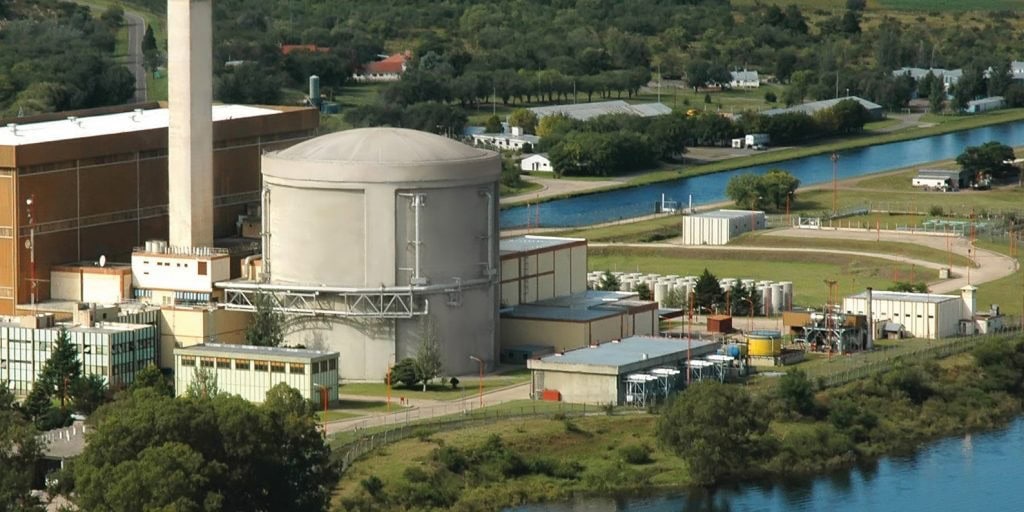Clean Energy
Filter by Tag
Featured Institution

Neutrons Help To Remove Barriers Standing in the Way of Safer, Better Batteries for Electric Vehicles
After using neutron beams to better understand materials required for safer energy storage, University of Calgary chemists and their international collaborators were able to demonstrate a prototype battery that showed major improvements to performance.
Read More
Part 1: Responding to Cracked Feeders at Point Lepreau
New Brunswick Power accessed neutron beams to obtain critical knowledge to understand unexpected incidents at its nuclear power plant and assure its safe and reliable operations.
Read More
Part 2: Managing Continued Risk of Feeder Cracking at Point Lepreau
Stress data from an array of feeder pipes obtained with neutron beams assists NB Power to manage the cracking issues and informs decision-making about the timing of its refurbishment.
Read More
Part 3: Assuring Exports, Relicensing of the Reactor Fleet, and Qualification of Innovation
The Canadian nuclear industry rose to immediate challenges posed by the cracking issues, employing neutron beams as part of their research on materials. That research provided confidence to continue with a multi-billion export project, enabled all the stations to assure safety for continued, and resulted in spin-off technology.
Read More
Part 4: Maximizing Operating Time and Solving the Cracking Issues Industry-Wide
Operators of nuclear power plants using Canadian technology joined together to study the cracking issues observed at Point Lepreau and later at Gentilly-2, and ultimately solved the underlying issue for all Canadian reactors.
Read More
Commercialising Energy-Saving Technology for Paper Manufacturers
MEEIR Technologie Inc. is seeking to commercialise energy-saving technology following research that accessed the CNBC.
Read More
Hydrogen Storage Materials for Clean Cars
Researchers from the University of Alberta use neutron beams to discover how thin metal layers enhance store hydrogen effectively, aiming to one day enable hydrogen-powered cars without the safety issues of pressurized tanks.
Read More
Basic Research Sheds Light on New Materials for Energy Applications
Scientists regularly access neutron beams to gain fundamental insights into the inner workings of new materials, including some with potential for clean energy applications.
Read More
Water Uptake and Swelling in Fuel Cell Membranes
Researchers from universities access the CNBC to obtain fundamental insights into materials used for clean energy technologies.
Read More
Neutron Experiments Add Confidence to Nuclear Reactor Safety
Canadian Nuclear Laboratories is a leader in sciences that are foundational to reactor safety—including the ability to predict the lifetimes of critical components used in nuclear power stations around the world, especially those in CANDU reactors.
Read More
Designing New Permanent Magnets for Wind Turbines and Electric Vehicles
McGill University researchers are developing a method for predicting the magnetic properties of new materials even before they are made. This method could help scientists design new low cost magnets for more efficient wind turbines and electric vehicles.
Read More
Supercapacitors for Clean Energy Technologies
Neutron beams provide insights into the nanoscale workings of supercapacitors, an enabling technology for clean energy innovations such as wind turbines, solar cells, light-rail trains, and electric vehicles.
Read More